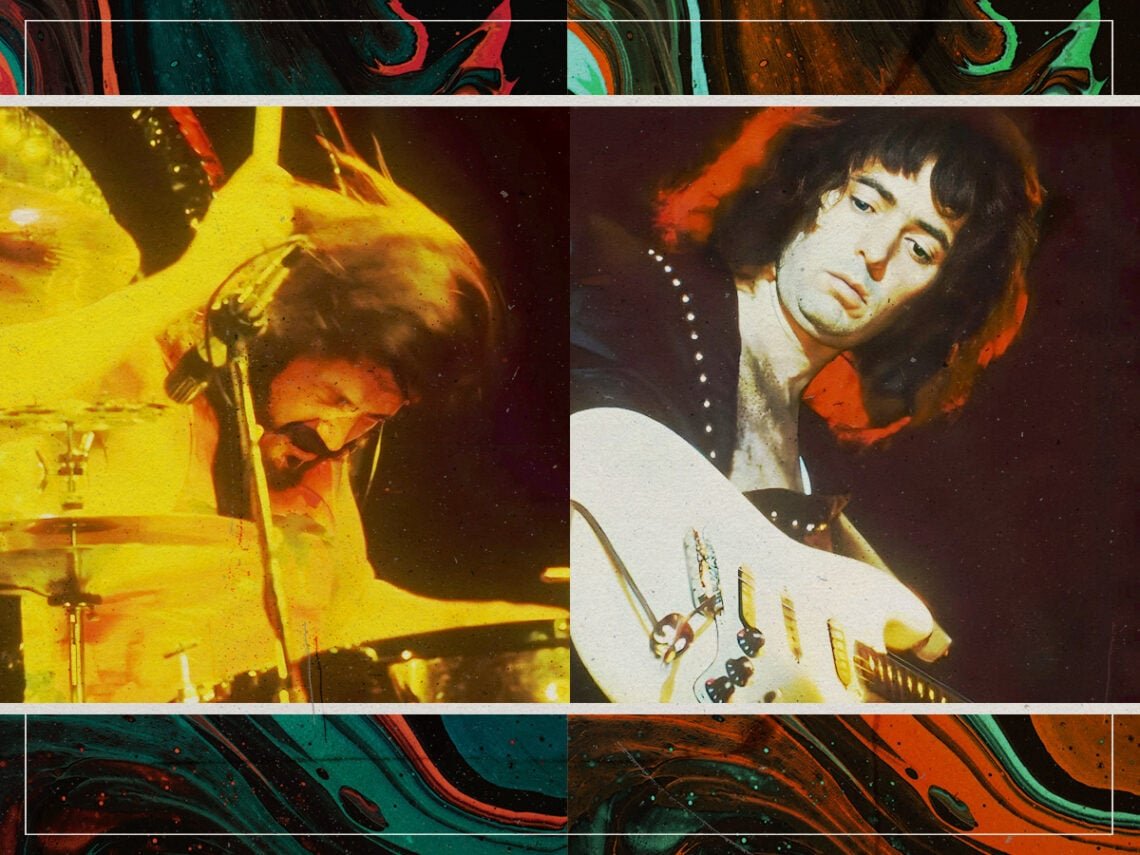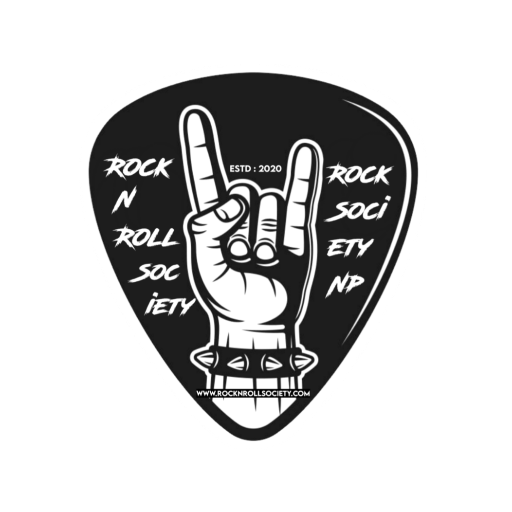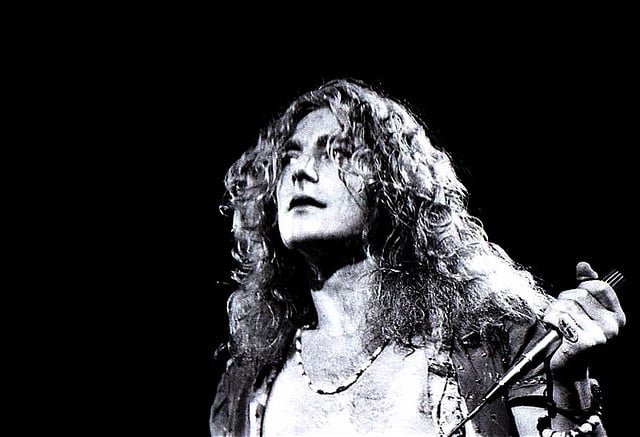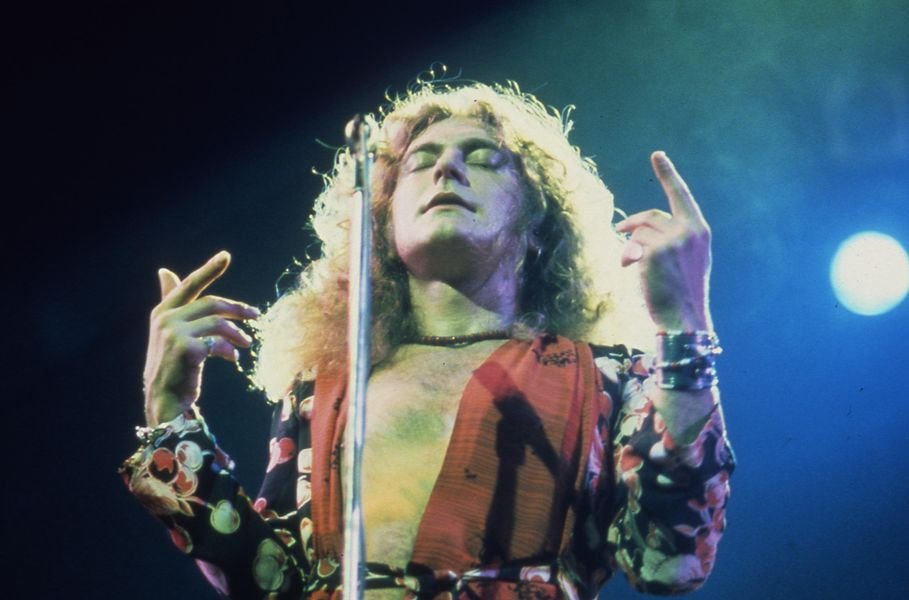
On September 7th, 1968, one of the most legendary bands in the history of music was set to take to the stage for the very first time. Everyone who had attended the Gladsaxe Teen Club in Copenhagen that evening expected to see the Yardbirds jam but instead was greeted with a sign heralding ‘The New Yardbirds’, and disappointment quickly set in. Who were these knock-off wannabes, and how did the Gladsaxe have such a cheek to pull a stunt like this? At that stage, they weren’t even called Led Zeppelin.
When The New Yardbirds emerged, he only recognised Jimmy Page. The legendary John Paul Jones, John Bonham and Robert Plant were unknown entities. Over half a century later, that four-piece is considered to be one of the greatest of all time by millions of adoring fans. They were truly revolutionary.
Even in their earliest days, Led Zeppelin helped shift the dial away from this thinking. With a blitzkrieg of drums far heavier than anything Ed Sullivan might happily share, wailing guitars, lengthened runtimes and a daring sense of expanding pop towards something more closely aligned with classical, the Birmingham band obliterated stilted old rules.
The flower power of Laurel Canyon’s counterculture had no place amid the heavy industry and wartime rubble of Birmingham, where a daisy chain would be covered in soot a few minutes before it could be placed in anyone’s hair. Disillusioned by this scene, Page and his peers over in neighbouring bands like Black Sabbath thought about capturing the true reality of their own existence.
That isn’t all that easy; how do you capture the rough and tumble of the post-war midlands? Well, in true rock ‘n’ roll fashion, you look to bands who are already leading the way. Page always had a keen eye on the blues. But a few bands were already looking to mould it into something new—emboldening the age-old genre with a bold muscularity. According to Blackmore, the first band to truly take on this task was the Small Faces.
Speaking about the evolution of Led Zeppelin in a 1978 interview with Trouser Press, the Deep Purple guitarist commented, I liked their hard approach when they came out and did ‘Whole Lotta Love’. I immediately tuned in with that type of style because before when we were fiddling around with orchestras, I thought: something’s wrong.”
He added, “I’m not giving all that I can. Thanks to them for the inspiration. They got it from Jeff Beck, who got it from the Small Faces.”
While the Small Faces might not be typically noted for their heaviness, they did look at the darker side of the era. Tracks like ‘Itchycoo Park’ almost felt like wry parodies of the 1960s, poking fun at flower power and paving the way for something darker. This more brooding and larger sound came to the fore with songs like ‘All Or Nothing’.
‘All Or Nothing’ is perhaps the group’s most Zeppelin-like track. Steve Marriott wails with more power and gusto than most ’60s crooners. Kenney Jones breaks free from the tip-tap of the era’s radio-friendly percussion to offer a few more rousing wallops. The sense of a gathering crescendo is akin to the way that Led Zep would often borrow classical motifs. So, while the lineage might not be quite as clear as Blackmore made out, you can certainly see a few flourishes of the Small Faces in the revolution that lay ahead of them.









